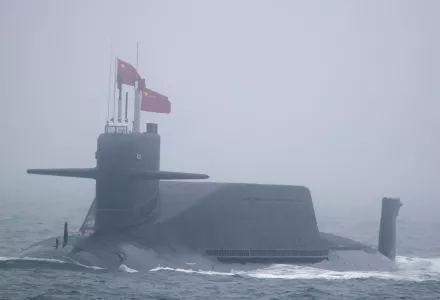International Security is America's leading peer-reviewed journal of security affairs.

Summary
An analysis of Taiwan’s military value concludes that its reunification with China would improve Chinese submarine warfare and ocean surveillance capabilities, tipping the military balance in China’s favor. During wartime, basing Chinese submarine warfare assets on Taiwan would increase the vulnerability of U.S. surface forces to attack, reduce the attrition rate of Chinese submarines, and likely increase the number of submarine attack opportunities against U.S. surface combatants. These findings have important implications for U.S. operational planning, policy, and grand strategy.
Brendan Rittenhouse Green and Caitlin Talmadge, "Then What? Assessing the Military Implications of Chinese Control of Taiwan," International Security, Vol. 47, No. 1 (Summer 2022), pp. 7–45, https://doi.org/10.1162/isec_a_00437.
The full text of this publication is available in the link below.







